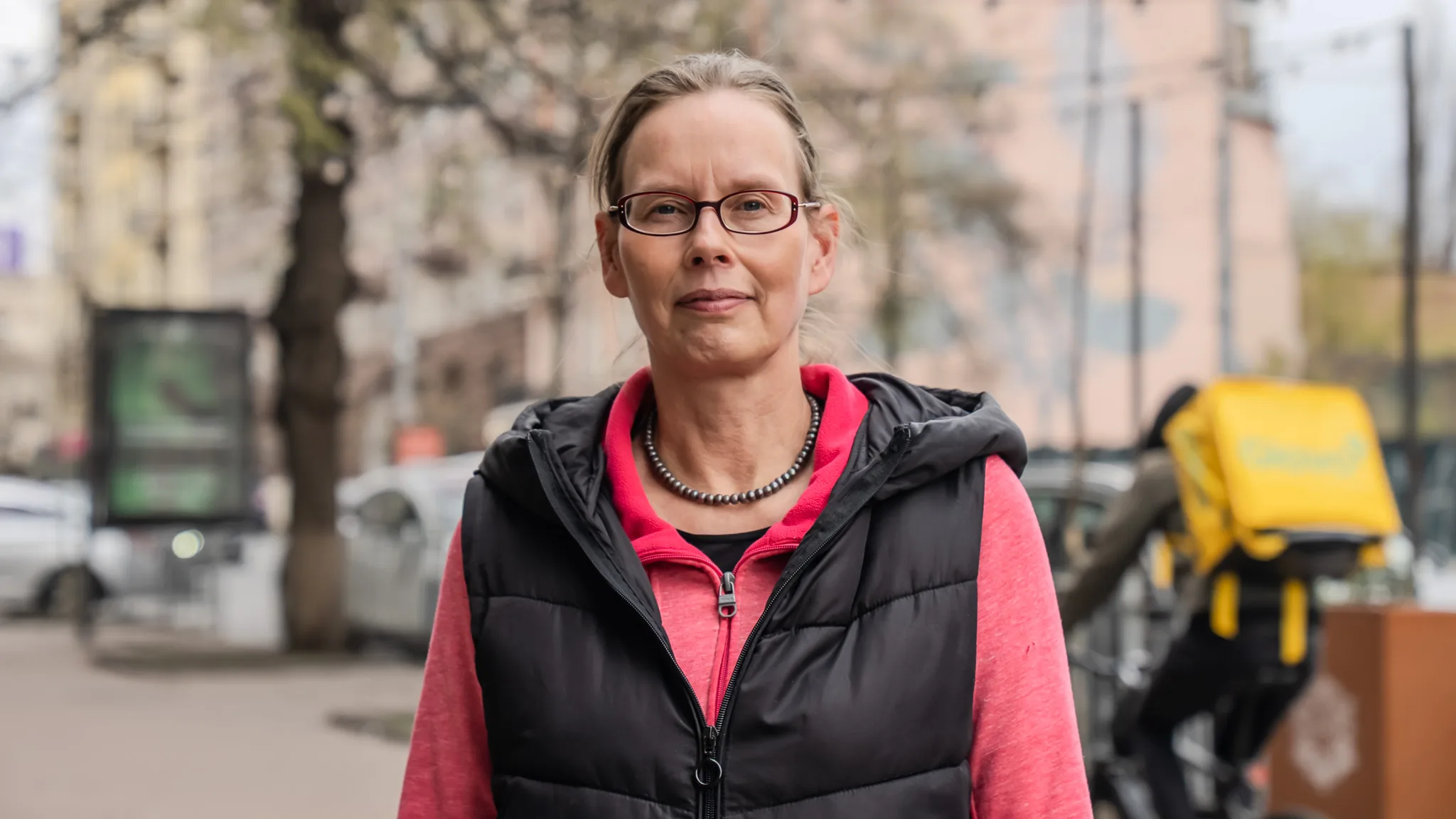The word ‘localisation’ is increasingly being used in the world of humanitarian aid. But what does this mean in practice for Ukrainian organisations working on the frontline — not in offices, but in real communities, under real fire? And who actually makes the decisions on how and where humanitarian funds are directed?
Help – Hilfe zur Selbsthilfe, a German humanitarian organisation with over 40 years of experience in humanitarian assistance and development assistance, is launching the Help Localisation Facility (HLF) in Ukraine, an initiative that aims to transfer power and resources to local civil society organisations.
In an interview with Humanitarian Media Hub, Gritt Richter, Head of the HLF team and programme, explains what this transfer of power looks like, what challenges international donors face, and why Help considers localisation not a buzzword but the basis of modern humanitarian work.
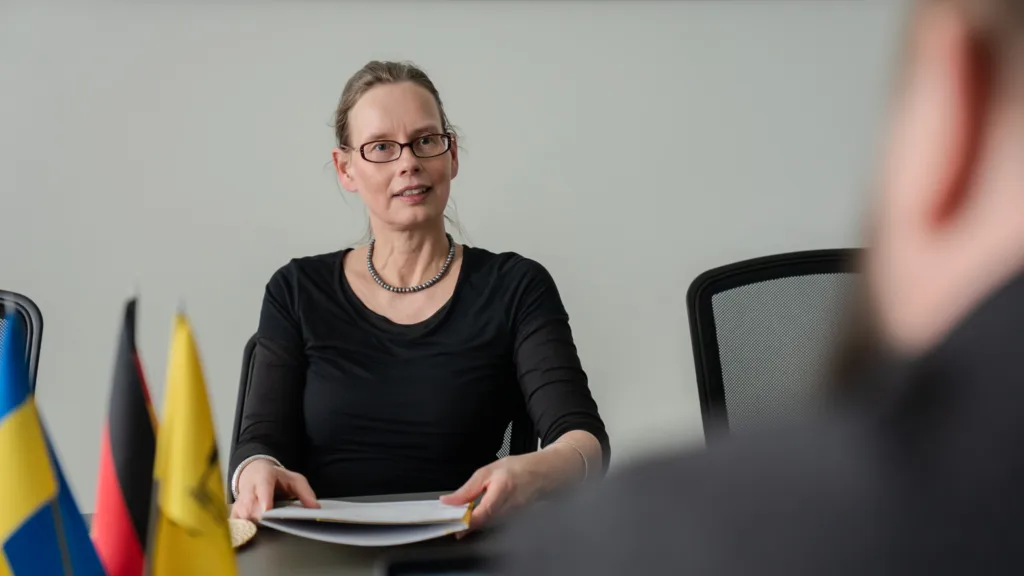
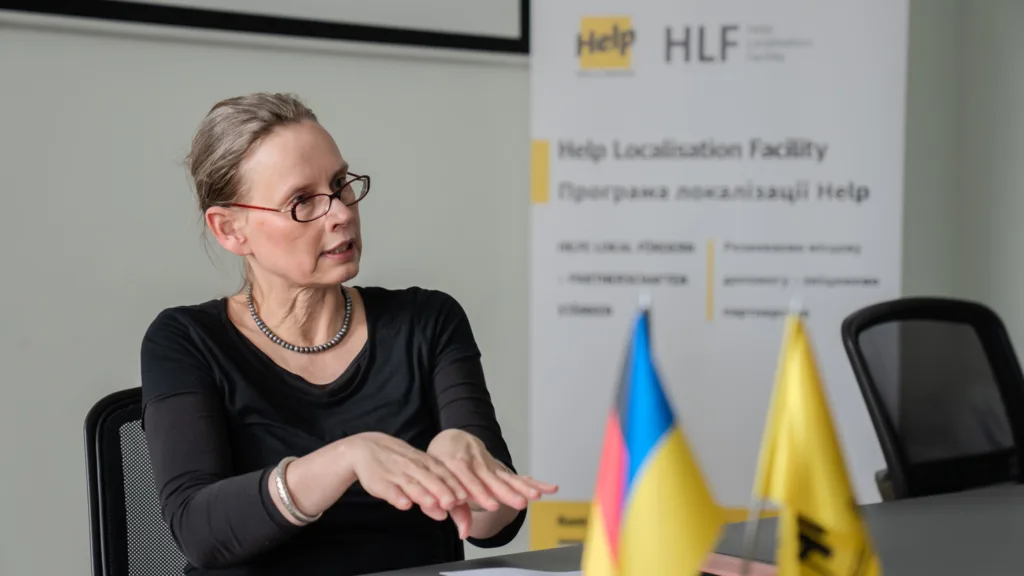
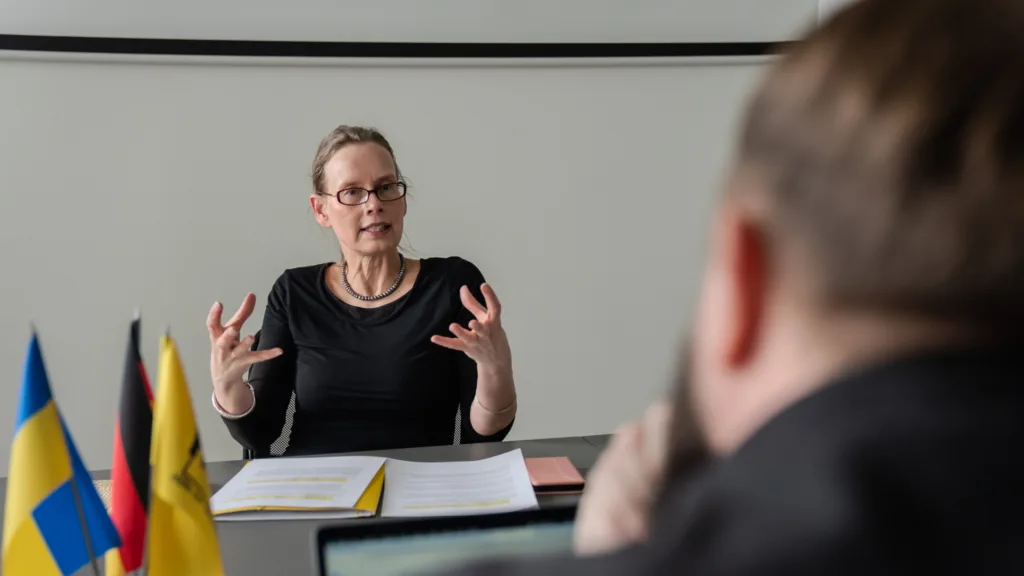
Read also: Cooperation with the UN in humanitarian sectors: Help experience in Ukraine
Preparing for ‘after the war’
— Ms Richter, when you hear the word ‘localisation’ in the context of Ukraine, what is the first thing that comes to mind?
— For me, as the head of the HLF team and programme, true localisation is first and foremost about the transfer of power. Often localisation is reduced to a simple transfer of resources, but it is actually about changing the balance of power and resources. It’s about recognising local actors, their leadership, and their right to make decisions. It is not just about having them execute humanitarian programmes as implementing partners of international organisations. It means giving local actors a seat at the table as equal partners. The HLF is implemented together with, for and through them.
— Your project really focuses on the transfer of power to the local level. How does this look like in practice?
— This is implemented through committees — a grants committee and a steering committee. Both include international and local civil society representatives. In the grant committee, we will decide together how to allocate the HLF funds to projects of Ukrainian humanitarian projects and whom to fund. In the steering committee, we determine jointly what, where and how we will fund as well as to which kind of organisations the funds will be allocated. In fact, the HLF is still a blank page. It is up to the committees to decide how to fill it in. This is true localisation — it is not Help, as an international organisation, that decides about and manages the money, but we create a mechanism for joint decision-making and funding.
— You have recently launched a localisation programme in Ukraine. Why now?
— Actually, it’s never too late, and: We are at a pivotal moment to ensure that Ukrainian civil society can take the lead in humanitarian aid. It’s time to strengthen local actors to prepare them for the post-war period. It is about funding projects that are most needed, developing new and strengthening existing capacity, and providing resources so that Ukrainian organisations become more resilient and grow stronger. As self-determined actors who decide on what the HLF funds are spent on, based on criteria developed jointly with the committees.
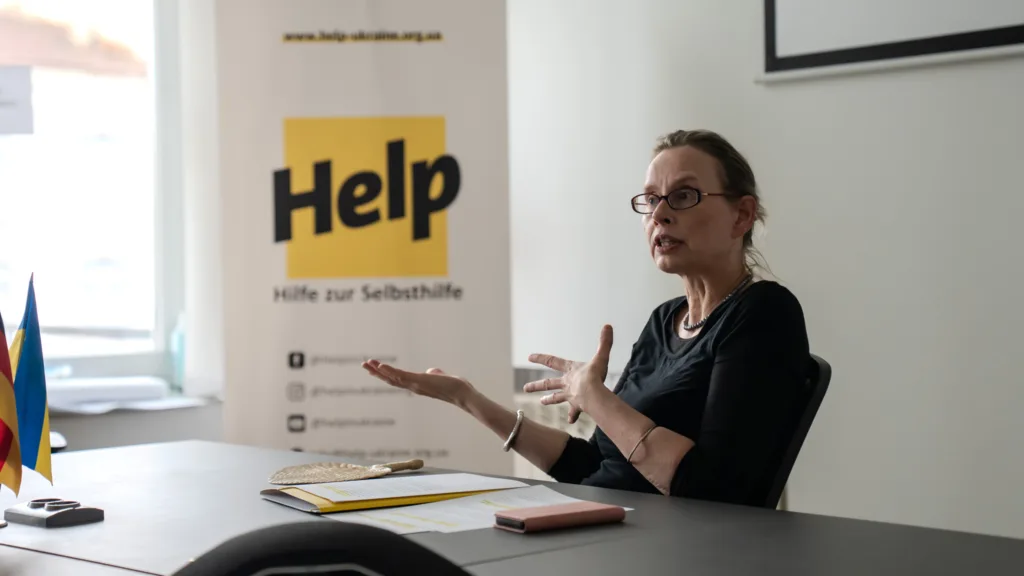
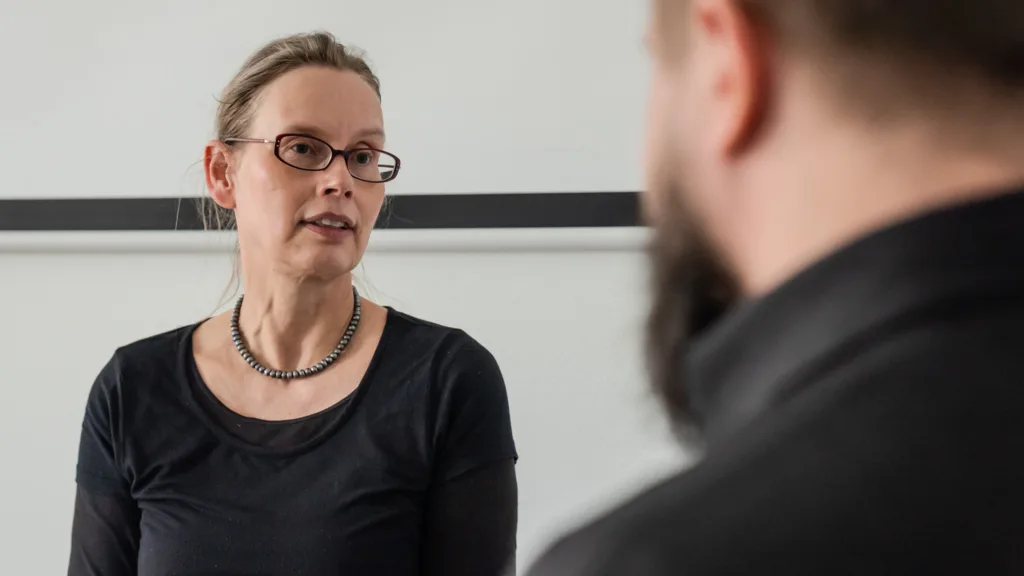
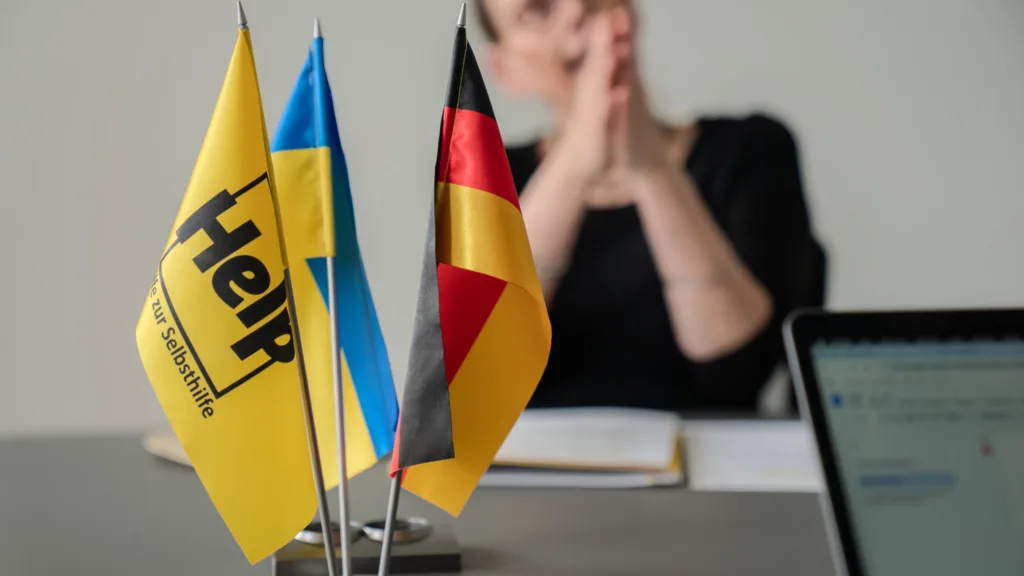
Read also: Head of Help in Ukraine Oleksandr Novikov: our leitmotif is that we are all volunteers at heart
‘Localisation is not about a box of food, it’s about the organisation that delivers it’
— For many Ukrainians, humanitarian aid is a box of food or support for the military. How would you explain to them what localisation is and why it is important?
— Humanitarian assistance is not just about a box of food, it’s about the organisations that deliver it. Local humanitarian actors are best placed to assess the needs of the local population. They also already have local structures in place so that they can implement aid more quickly and in a more targeted manner. Localisation aims that local organisations in humanitarian aid get a voice so that they can better respond to crises now and in the future. It is about more direct, accessible and locally managed aid.
— Is it true that most humanitarian funding in Ukraine still goes through international organisations rather than directly to Ukrainian ones?
— Yes, unfortunately, this is true. This is partly due to legal restrictions. For example, the German government cannot directly fund local organisations because of different domestic laws. But our government is highly interested in financing local civil society in Ukraine, so it has chosen the HLF as a tool and Help as an intermediary. Together with local civil society organisations and networks in joint decision making, we will ensure that local organisations can receive the funds of the German government. HLF aims to break down barriers that hinder direct funding.
— Why is the German government so interested in localisation?
— Because it has been proven that local actors often work more efficiently: Various analyses have concluded that local organizations can provide the same humanitarian assistance 32% more efficiently than international actors. One factor is certainly that they are already on the ground when a crisis occurs, while international actors need time to arrive and have generally higher costs. The best approach is cooperation between international and local organisations that complement each other – with local actors in lead.
— How do you find local organisations to entrust with resources?
— We have a clear approach: organisations that meet set due diligence and programmatic criteria will be able to apply for the HLF. After that, they will enter a dialogue process before they will submit a proposal. By the way: The due diligence and technical approval processes will be conducted and led by local Ukrainian actors, not by Help as an international organisation — we want to be closer to the reality on the ground.
— What about informal initiatives in villages that are not registered as NGOs?
— We really appreciate their work. But the HLF will initially focus on registered organisations to comply with legal requirements. However, we are looking for ways to support informal initiatives as well, for example, through consortia. This is likely to be addressed by the steering committee next year.
— Have you encountered cases of misuse of funds?
— Fortunately, we have not yet recorded such a case within the HLF. In general, most organisations Help has cooperated with so far do a great job. We react seriously though if it happens: if the problem cannot be solved, we terminate the partnership. Sometimes we take legal action. But it is also a learning opportunity for us — both for us and for our partners.
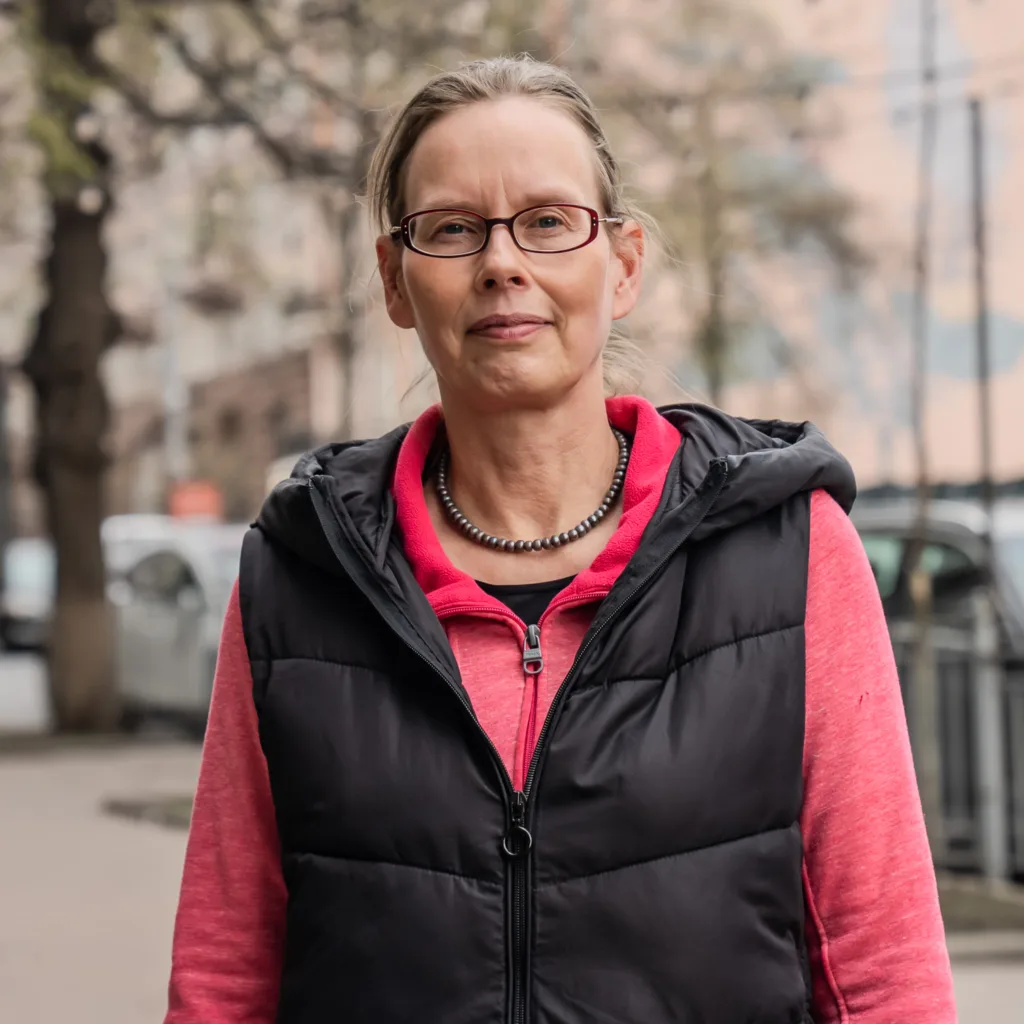
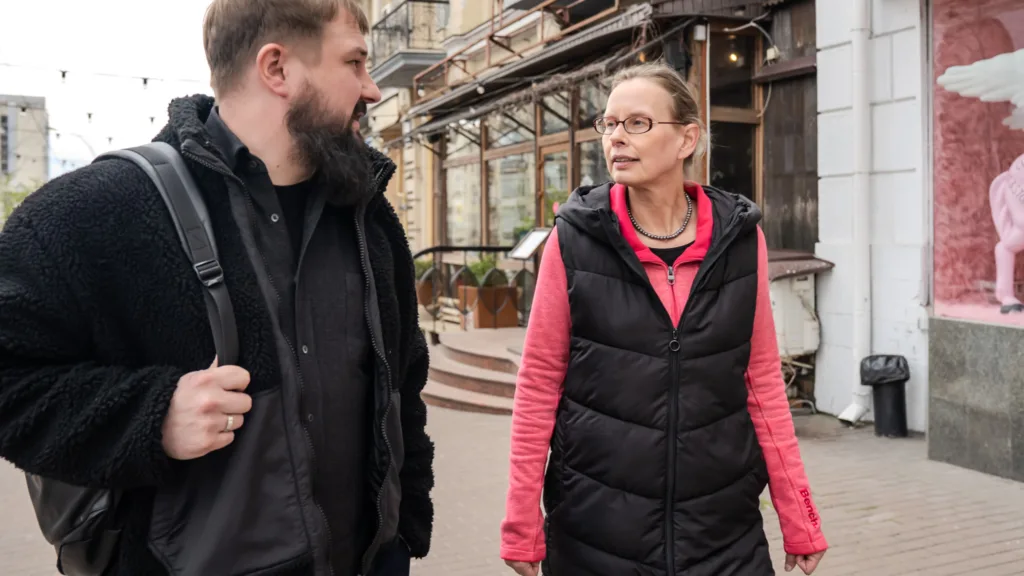
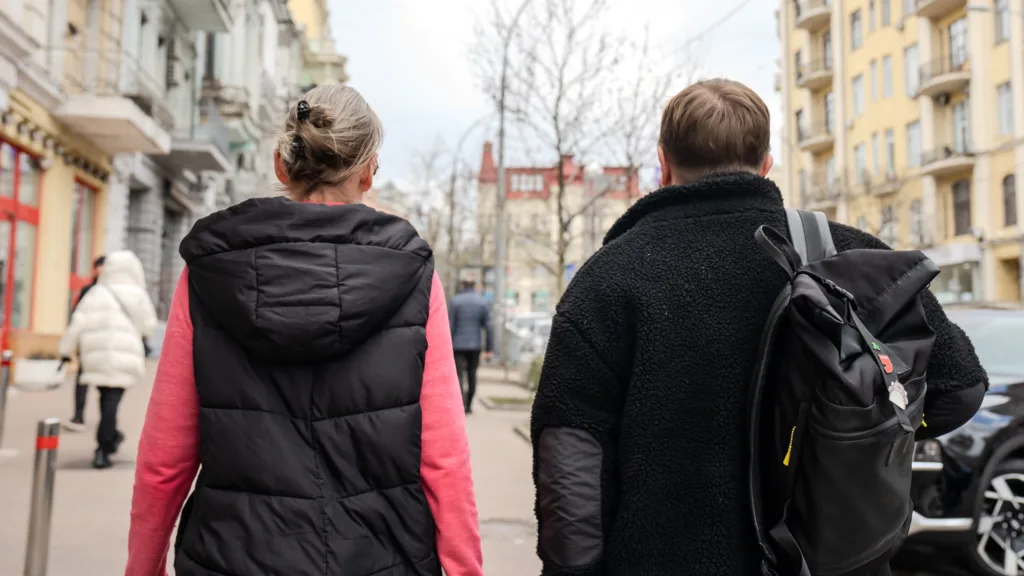
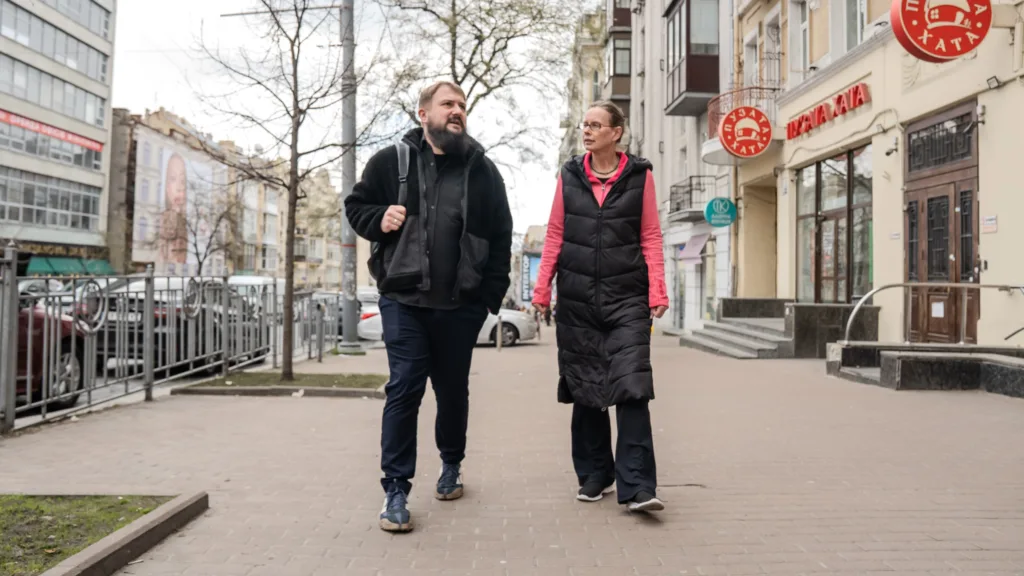
Read also: Grants up to €3000 for microbusinesses in Ukraine from Help – Hilfe zur Selbsthilfe
‘It’s not a buzzword. It’s a way of working in a different way.’
— Is there a risk that donors still perceive Ukrainians only as contractors and not as equal partners?
— Yes, but the situation is changing. Serious talks about localisation started back in 2015. But systems change slowly. In the development sector, the dialogue about trust and power sharing is more mature than in the humanitarian sector. But this sector is gradually catching up. We no longer live in a colonial world. Everyone has the right to participate and act. The humanitarian sector will change, and the HLF will shape this change together: local and international actors.
— Hasn’t ‘localisation’ just become a buzzword?
— Partly, yes. Many Ukrainian organisations hear this word, but don’t see any action. We are committed to making it a reality TOGETHER with local civil society here in Ukraine. And we are not alone: we see genuine efforts to change the system also in other organisations that, for instance, are already trying to involve even unregistered initiatives.
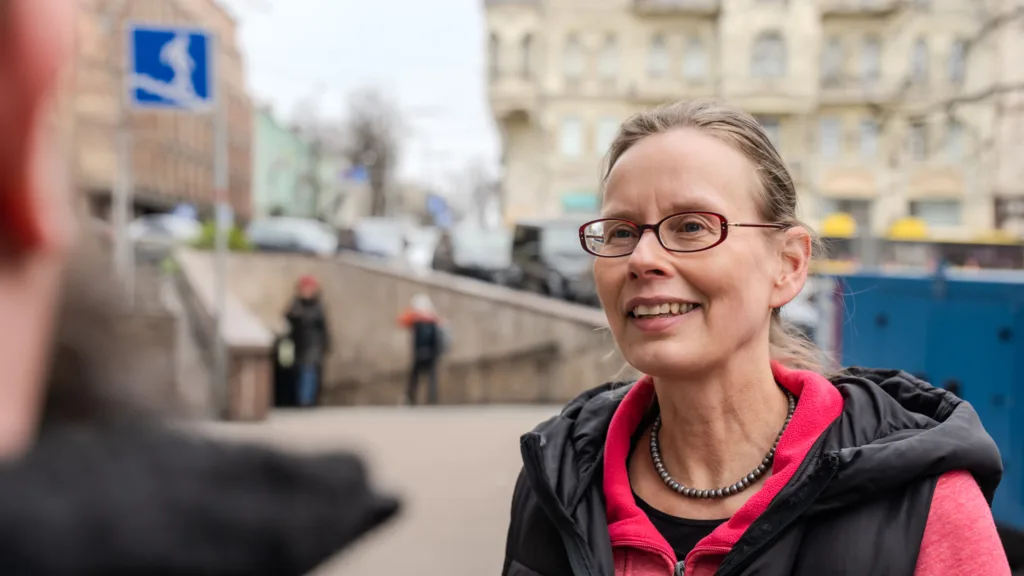
— How many local organisations have you helped so far?
— The HLF will have 20 partners in its first phase in Ukraine. In general, Help as an organisation is active in 28 countries and collaborates currently with 83 local partner organisations worldwide.
— One last question. Imagine a woman from a small town in eastern Ukraine who does not trust any international organisation. What would you say to her in one sentence?
— I would say: ‘I can hear your scepticism, but we are here, national and international organisations together, to listen to you, to support you and to work with you as equal partners helping your community to lead the solutions that matter most to it.’
Read also: ‘If it weren’t for the war, I would never have known how painful it is to lose your home,’ Maria Sulyalina, head of Almenda NGO



